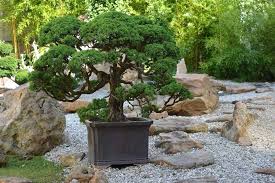The Development of Centralized Power in Imperial Dynasties: A Historical Overview
Throughout history, the evolution of centralized power has been a defining characteristic of many royal dynasties. In many of the world’s most influential empires, the transition from fragmented, regional control to a strong, centralized monarchy has had profound implications for governance, society, and international relations. This article explores the development of centralized power within the








